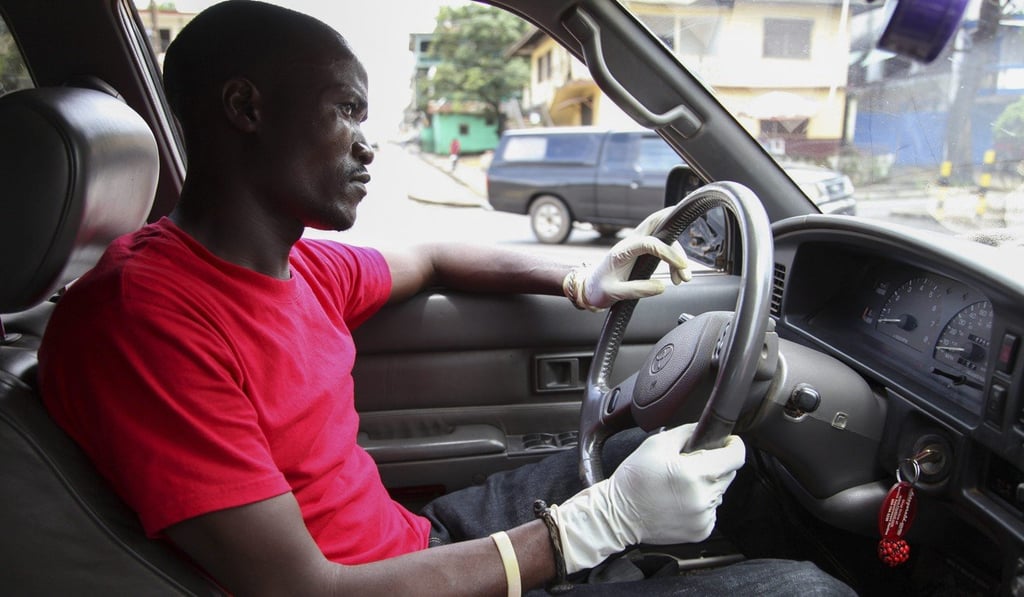Advertisement
1.2 billion reasons Singapore tech firms think Africa is next big thing
- From ride-hailing to e-commerce to trade finance, companies from the Lion City are being drawn to the sheer size of the African market of 1.2 billion people, and the opportunities it presents as it seeks to keep pace with Asia
Reading Time:4 minutes
Why you can trust SCMP

Africa has become the new frontier for Singapore’s start-up movement as more technology and venture capitalist firms eye the continent’s largely untapped market for the next wave of growth, despite the challenges it presents, experts say.
From ride-hailing to e-commerce to trade finance and infrastructure, companies from the city state have in recent years been drawn by the sheer size of the African market of 1.2 billion people, and the opportunities it presents as it seeks to keep pace with Asia and the rest of the world.
One such budding firm is Gozem, a Singapore-based transport company with ride-hailing services in West African nations Togo and Benin, and plans to enter 15 more African markets within five years.
Advertisement
In both Togo and Benin, where owning a vehicle is considered a luxury, hailing a moto-taxi from the pavement has long been the only way to get around. But Gozem’s plan may well improve that, by bringing the pre-booking driver app to the tiny francophone countries. In a nutshell, the company wants to replicate Southeast Asia’s widely successful apps Grab and Go-jek.

Advertisement
West and Central Africa have some of the world’s poorest economies. But it’s the unmet demands and the need for new digital infrastructure that partly drew Raphael Dana, co-founder of Gozem.
Advertisement
Select Voice
Choose your listening speed
Get through articles 2x faster
1.25x
250 WPM
Slow
Average
Fast
1.25x